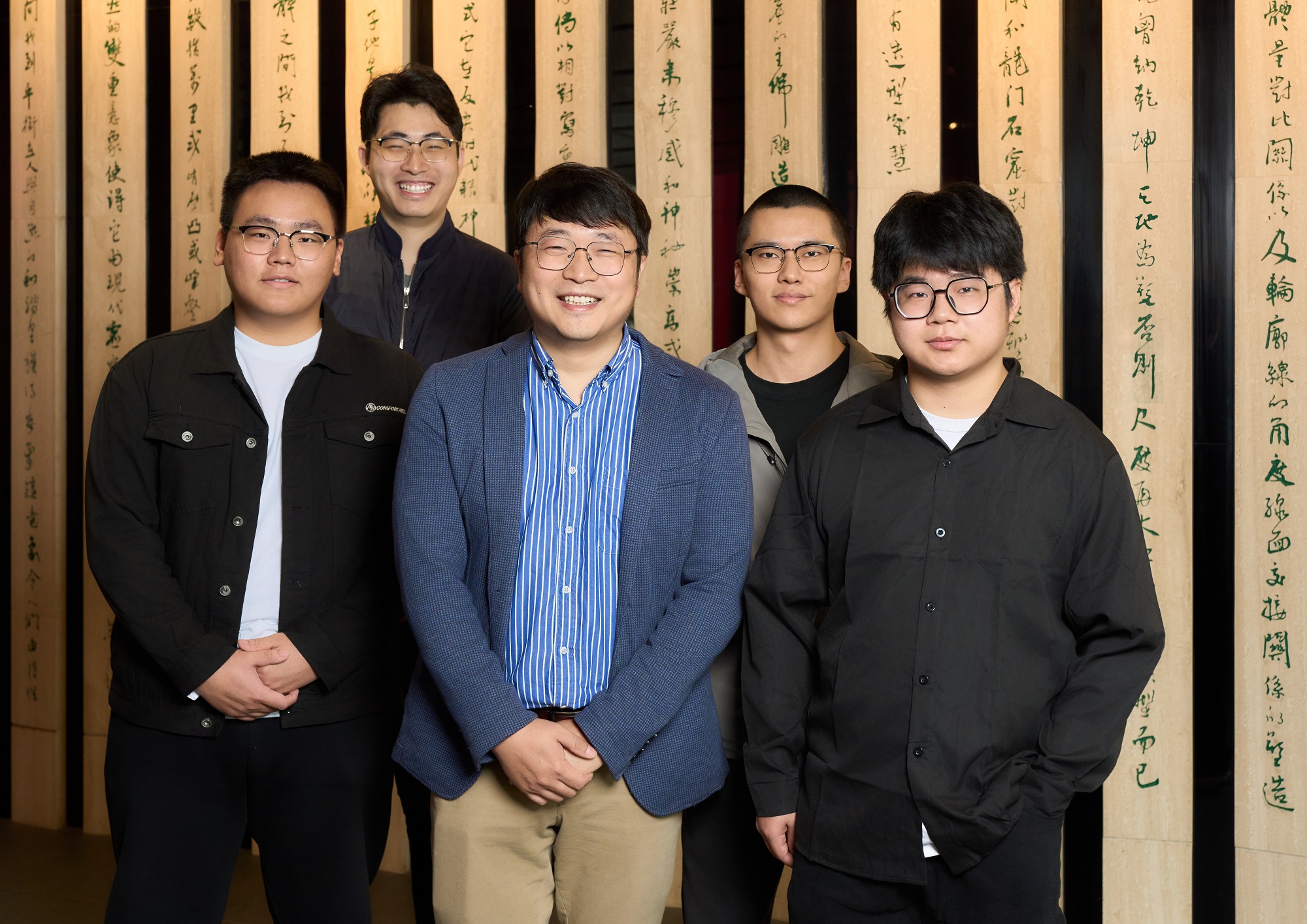

Breast cancer has been climbing the ranks in cancer statistics. In 2020, it overtook lung cancer to become the most common cancer worldwide, accounting for 11.7% of all new cancer cases. At the Faculty of Applied Sciences, Associate Professor Tan Tao and colleagues have developed a multimodal data fusion model to help medical professionals assess how breast cancer patients respond to different treatments. This model is particularly effective at predicting pathological complete response (pCR) during the early stages of neoadjuvant treatment.
The research findings, published in Nature Communications, received high praise from experts at institutions such as Barcelona Medical Centre in Spain and New York University’s Grossman School of Medicine in the US. This innovative application of artificial intelligence in oncology sets a new benchmark, especially in predicting responses to neoadjuvant treatment for breast cancer.
Understanding Neoadjuvant Treatment Responses
Breast cancer treatment typically involves a combination of targeted therapy, chemotherapy, radiation, hormone therapy, immunotherapy, and surgery. Neoadjuvant treatment, a common presurgical approach, aims to eliminate cancer cells and shrink tumours. Ideally, it eradicates cancer cells without the need for surgery, leading to a good long-term prognosis with no residual cancer detected in breast tissue, a condition known as pathological complete response (pCR).
Traditional methods for evaluating treatment effectiveness include repeated imaging tests, biomarker analyses, and pathological examinations, combined with clinical expertise to adjust treatment plans as needed. Current studies often focus on extracting multimodal features, with less attention given to model design and input structures. Some systems concentrate on patient responses at a single point of time or rely heavily on comprehensive, uninterrupted datasets, which may limit their practical feasibility.
Analysing Data Across Treatment Stages
Associate Professor Tan Tao, with a strong interest in AI-assisted medical imaging analysis, collaborates with institutions across the Netherlands and the Chinese mainland, including the Netherlands Cancer Institute, Maastricht University Medical Centre, Radboud University Medical Center, Guangdong Provincial People’s Hospital, and Fujian Provincial Hospital. Together, they have developed the multimodal response prediction system, which integrates diverse medical data, to enhancing the clinical utility of AI in evaluating treatment outcomes.
This system acts as an AI-powered assistant to oncologists, predicting breast cancer patients’ responses to neoadjuvant therapy. It comprehensively analyses data from pre-, mid-, and post-treatment stages, including personal health indices, histopathological data, mammograms, MRI scans, and treatment specifics. By embedding temporal information, it adds a dynamic dimension to patient indices, aiding doctors in determining the next steps in treatment.

AI Prediction Compared with Clinical Judgement
This study involved iterative validation using international clinical datasets to enhance the reliability of the model. The model was trained with data from 3,352 breast cancer patients undergoing neoadjuvant treatment at the Netherlands Cancer Institute. These cases covered various molecular subtypes and tumour characteristics to ensure model robustness. Validation was then performed using datasets from Fuzhou University Provincial Hospital in China, Duke University in the US, and the renowned I-SPY 2 clinical trial platform to ensure the adaptability of the model across diverse patient populations.
The prediction model utilises structured information across modalities for deep learning, with flexible input design that enables the compensation of missing information through cross-modal predictions. To test its clinical applicability, the study invited six certified radiologists to analyse cancer case images individually. Comparing the radiologists’ analyses with the results obtained from the system revealed that the system performed well in predicting pCR during the early stages of treatment. The system codes are made available online to support future research.
Advancing Smart Healthcare
Using AI-based analytics during early-stage treatment could enable doctors to gain clinical insights quickly and explore therapeutic options to optimise treatment outcomes. It may also help reduce the need for surgeries as well as the physical and financial burdens on patients. With the high incidence of breast cancer globally, smart technology enables rapid, data-intensive analyses to support precision treatment.
The research team on AI for medical imaging at the Faculty of Applied Sciences continues to collaborate with clinical professionals to refine AI algorithms tailored to real-world medical needs. Their goal is to facilitate clinical services with AI solutions, optimising practical applications with cutting-edge multimodal research and ultimately creating a smart ecosystem in the healthcare industry.
